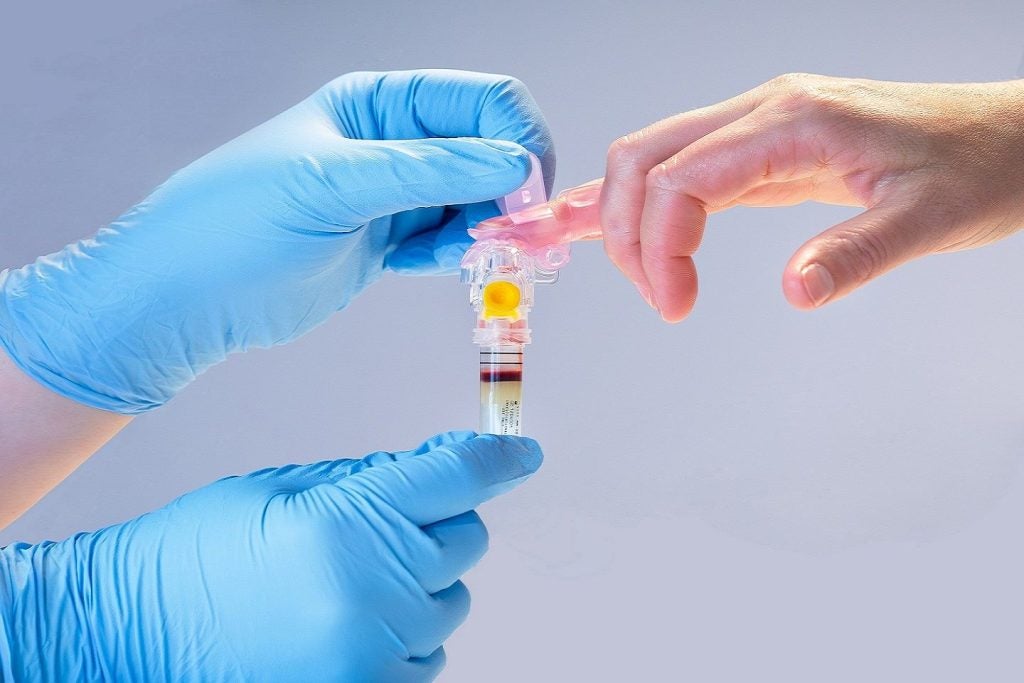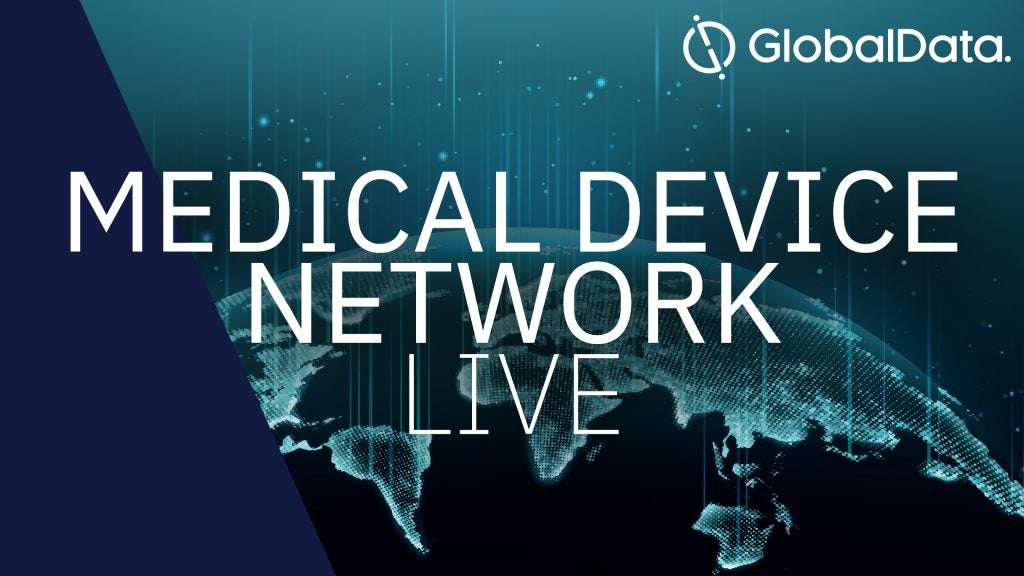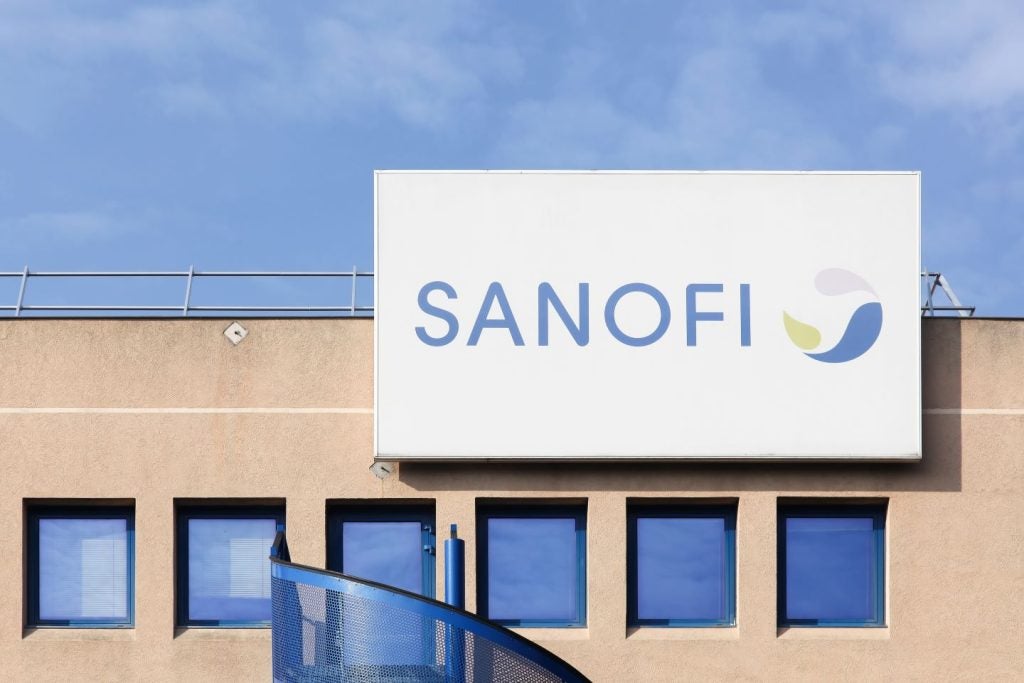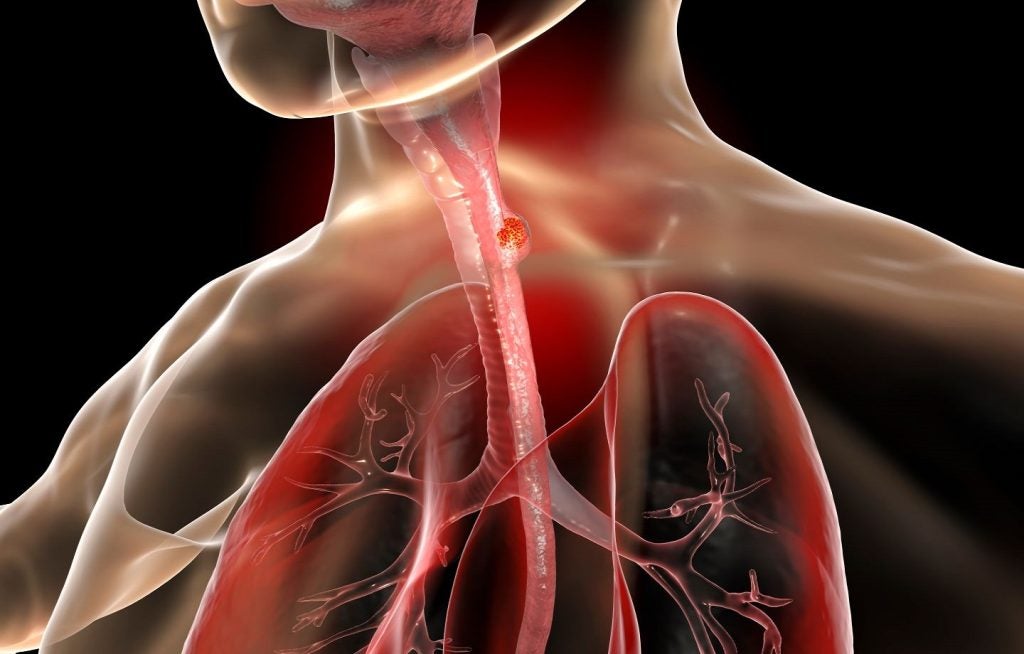Becton, Dickinson and Company (BD) has obtained 510(k) clearances from the US Food and Drug Administration (FDA) for its new fingertip blood collection device, BD MiniDraw Capillary Blood Collection System.
The clearances cover low-volume blood collection for a lipid panel, testing for haemoglobin and haematocrit (H&H), and selected chemistry tests.
These tests are suitable for diagnosing and monitoring several chronic conditions ranging from hypertension to high cholesterol.
BD MiniDraw obtains blood samples through a simple fingerstick, providing quality results for frequently requested blood tests.
It is less invasive compared to conventional methods of collecting venous blood, making blood collection more convenient for patients by expanding access to new places such as retail pharmacies.
The process involves a healthcare worker collecting capillary blood from the patient's finger, eliminating the need for a phlebotomist to draw blood directly from a vein.
BD Life Sciences president and executive vice-president Dave Hickey said: “Because the BD MiniDraw Collection System enables blood collection at non-traditional sites that may be more convenient—like your local pharmacy rather than a standalone lab—we can expand health equity and access, and make it easier for patients to get the blood tests they need both for preventative care and the management of chronic conditions.
“This innovation is our strategy and pipeline coming to life, and proof of our commitment to enabling diagnostics and care in alternate settings.”
The company aims to broaden the scope of blood tests utilising the BD MiniDraw Collection System in the future.
Last month, BD launched the new PIVO Pro Needle-free Blood Collection Device following 510(k) clearance from the FDA.
Designed to be compatible with integrated catheters, the new needle-free blood draw technology is said to further enable BD’s ‘One-Stick Hospital Stay’ vision. It comes with design enhancements to attain compatibility with integrated and long peripheral IV catheters.
















